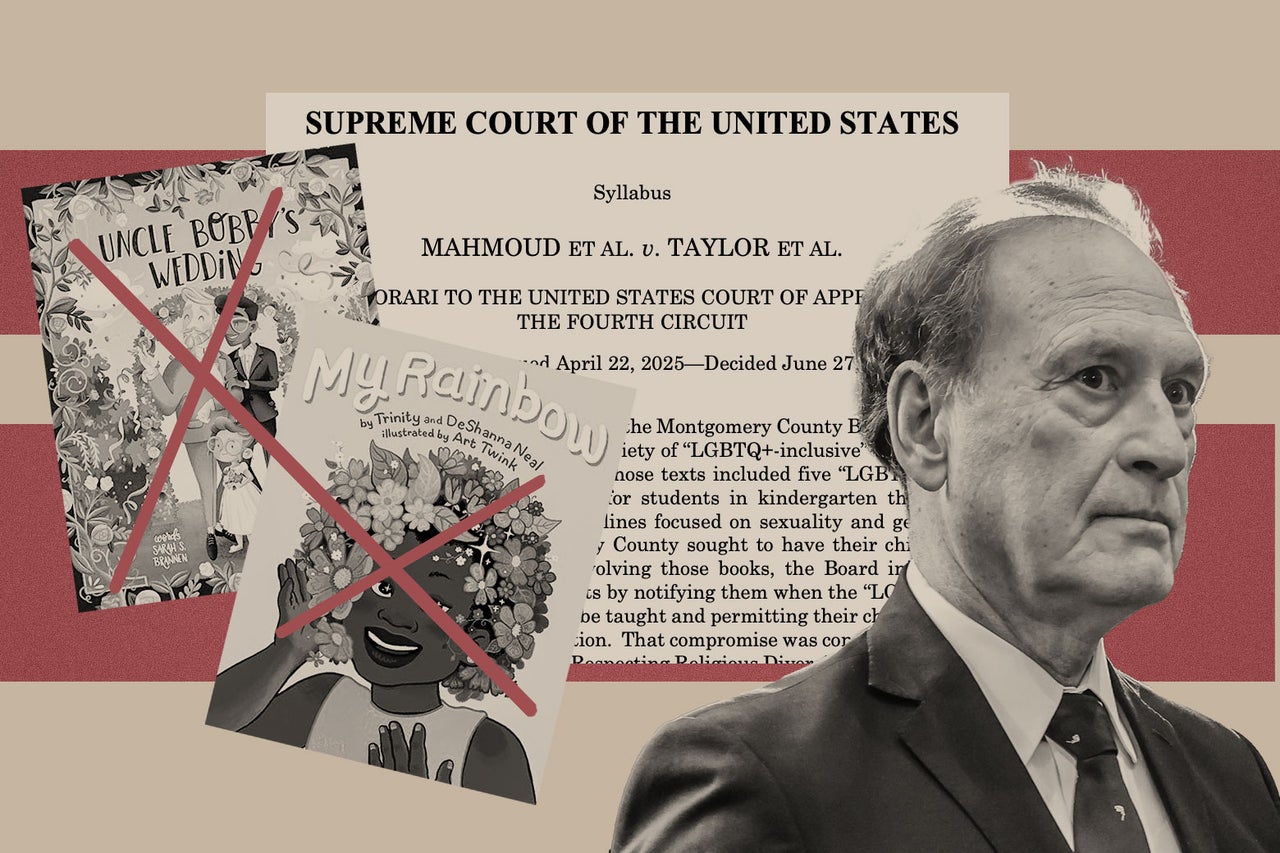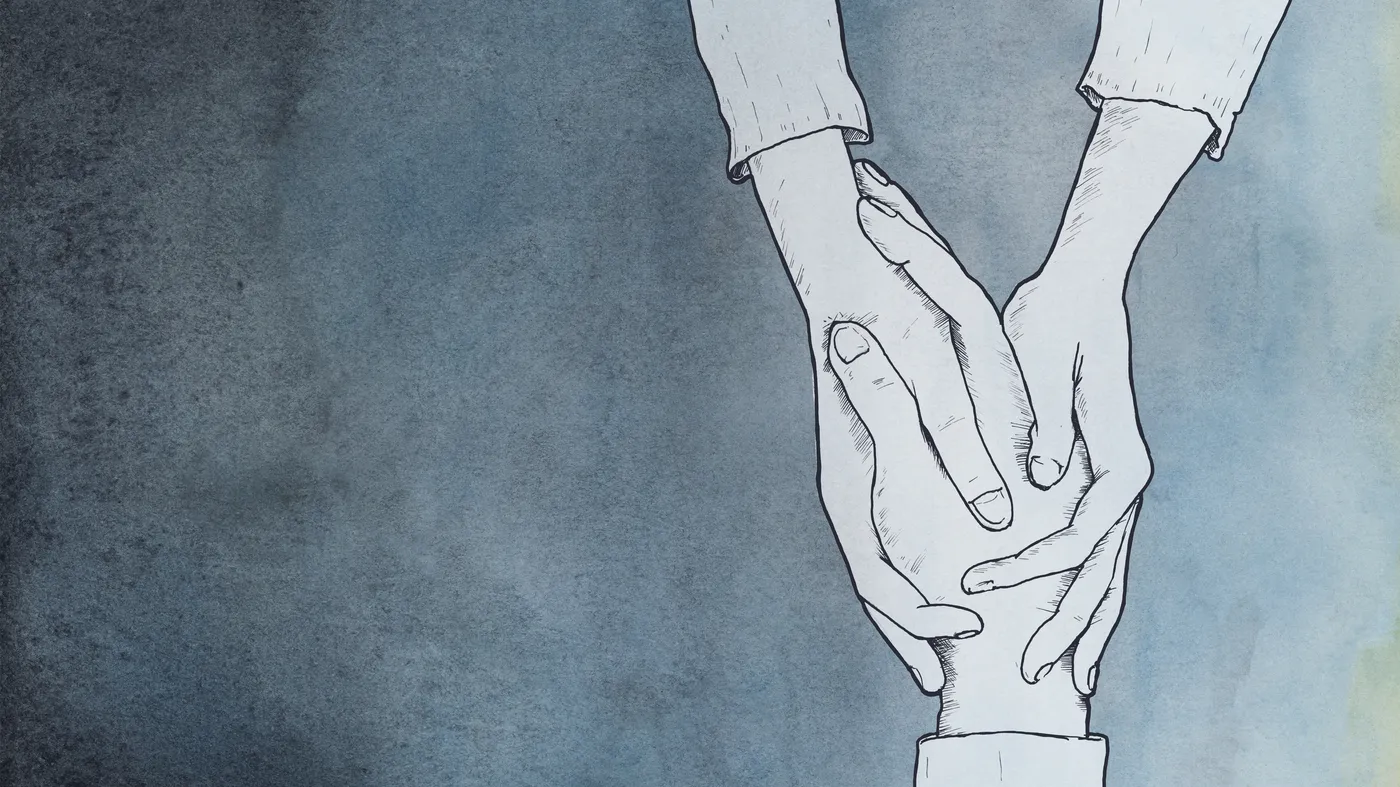- Concentration Camps, and Republican salivation to send 65 million immigrants to the alligators;
- Trump thinks brain scans measure IQ;
- American science’s brain drain;
- How societies maintain national myths to survive.
What’s next? Dungeons and shackles? Do Trump voters know what they’ve done? Are they really fine with this? I fear that some of them are.

The New Republic, Melissa Gira Gant, 2 Jul 2025: The Grand Opening of an American Concentration Camp, subtitled “The Republicans are proudly calling it ‘Alligator Alcatraz.’ Let’s call it what it is.”
What were you doing the day the president attended the opening of an American concentration camp in the Everglades? Dubbed “Alligator Alcatraz” by Republican officials because of the predators living in the surrounding swampland, it has been built to cage thousands of people rounded up by ICE and allied law enforcement agencies as part of President Trump’s mass deportations. “‘Alligator Alcatraz’ is a concentration camp,” Andrea Pitzer, author of One Long Night, a history of concentration camps, said on Tuesday.
\
A Facebook friend made this point:
Der Trumpenfuhrer has actually added a new page to the proverbial Hitler playbook. Hitler didn’t proudly tour his new concentration camps. He actually tried to keep them out of sight. Maybe he was afraid that ordinary Germans would have more compassion left than MAGAs do.
\
And

Daily Beast, 1 Jul 2025: Nancy Mace Floats Bringing ‘Alligator Alcatraz’ to South Carolina: ‘Gators Are Ready’
Nancy Mace wants to bring “Alligator Alcatraz” to South Carolina.
In an X post Tuesday, the congresswoman expressed her desire to replicate Florida’s controversial new migrant detention facility in South Carolina, touting that her state’s alligators were “ready.”
These people are salivating at the prospect of subjecting people they don’t like — brown-skinned people, apparently — to, at best, psychological torture, if not physical mutilation.
Who voted for these people?? Do they realize what they’ve done?
\
As is often the case at the end of each afternoon when I sit down to write a post about events of the day, I regret not saving a link to something that stuck in my mind. Today it was a Facebook post about one of the MAGA politicians floating the idea that there were 65 million people she looked forward to becoming alligator food. Commentators pointed out that that’s the number of Hispanics in the nation.
Wait, here it is. Laura Loomer.

Latin Times, 2 Jul 2025: ‘Sick’ MAGA Influencer Hints at Feeding Immigrants to Gators: ‘Alligator Lives Matter’
As Florida’s “Alligator Alcatraz” garners national attention, far-right activist Laura Loomer fueled controversy with her suggestion that immigrants will become food for alligators.
“Alligator lives matter,” Loomer posted Monday on X. “The good news is, alligators are guaranteed at least 65 million meals if we get started now.”
Laura Loomer is not (just) some loony. She has Trump’s ear. Example from April:
NY Times, 3 Apr 2025: Trump Fires 6 N.S.C. Officials After Oval Office Meeting With Laura Loomer, subtitled “During the 30-minute meeting, the far-right activist excoriated National Security Council officials in front of the president and Michael Waltz, the national security adviser.”
This is where we are. Are there any Trump voters out there who have regrets?
\\
One more about our idiot president.

JMG, 1 Jul 2025: Trump Thinks Brain Scans Can Measure IQ
\\\
Stepping out toward the bigger pictures.

Big Think, Ethan Siegel, 2 Jul 2025: American science to soon face its largest brain drain in history, subtitled “Over the first half of 2025, the US has cut science as never before. This disaster for American science may be a gift to the rest of the world.”
Key Takeaways
• Throughout the 20th and the first quarter of the 21st centuries, the US became a world leader in science, technology, healthcare, and education by investing in scientific research. • In 2025, that is rapidly changing, as unprecedented federal cuts, the defunding and closing of many institutions, and devastatingly reduced budgets present an extinction-level event for American science. • Just as the exodus of scientists and scientific projects from Nazi Germany became known as “Hitler’s gift” to the rest of the world, the actions of the US today seem similarly poised to reward the rest of the world. Here’s an insider’s view into what’s happening.
Then:
From World War II until 2024, the US stood unchallenged as the scientific leader of the free world. Across practically every discipline — physics, materials science, astronomy, chemistry, biology, medicine, geology, etc. — American scientific missions and initiatives, often in collaboration with European, Canadian, Asian, and many other global partners, brought us new advances and breakthroughs, paving the way for generations of scientists to thrive. In a society that values facts, scientific truths, education, and the public good, this recipe led to multiple generations of continued breakthroughs and advances.
Now I wonder if this was by accident, i.e. historical contingency. For a century or two, the United States was the destination for refugees from oppressive regimes that valued ideology and religion over science and the ability to work with the real world to improve the human condition.
Since late January of this year, however, all of that has rapidly changed. Many of the most valuable scientific organizations in the world, including NOAA, NASA, the NSF, the CDC, the EPA, and the FDA, have experienced a set of unprecedented internal attacks.
- Funding streams have been terminated.
- Grants that have been successfully competed for and won have been pulled.
- Fellowships and scholarships have been revoked.
- Contracts have been broken.
- Thousands upon thousands of employees have been terminated, often in defiance of court orders.
And now, at the start of the second half of 2025, a new budget is on the verge of becoming law, which would largely eliminate science as we know it across universities and colleges, research institutes, and national labs. This isn’t a horror story; this is a real-life nightmare for the most educated and skilled American workers of all: scientists.
But times change, and the more settled the culture of the United States is, the more base human re-emerges. Thus the cycles of history. The next one is China.
\\\
Social via personal truths.

Big Think, Jonny Thomson, 2 Jul 2025: The noble lie: Why countries that lie together, stay together, subtitled “This is my country and this is what we stand for. At least for now.”
Key Takeaways
• In this week’s Mini Philosophy interview, I spoke with historian Dan Snow about national identity, national values, and national myths. • We discussed Plato’s noble lie, the concept that all nations require a shared narrative to unite them. • In a revisionist age, what role does the national narrative play today? And if we do away with them, will we also do away with national identity?
This goes to a key idea of human nature. Humans evolved to survive, and understanding the real world helped, but only to a degree. It’s more important to survive. And so the “noble lie” about any society. In my grand theory: another kind of story. And humans live by stories.
But as with so many things, the smart ones understand this, while the majority believe these stories are actually true. The spectrum of human intelligence creates society, in all its variety.









































